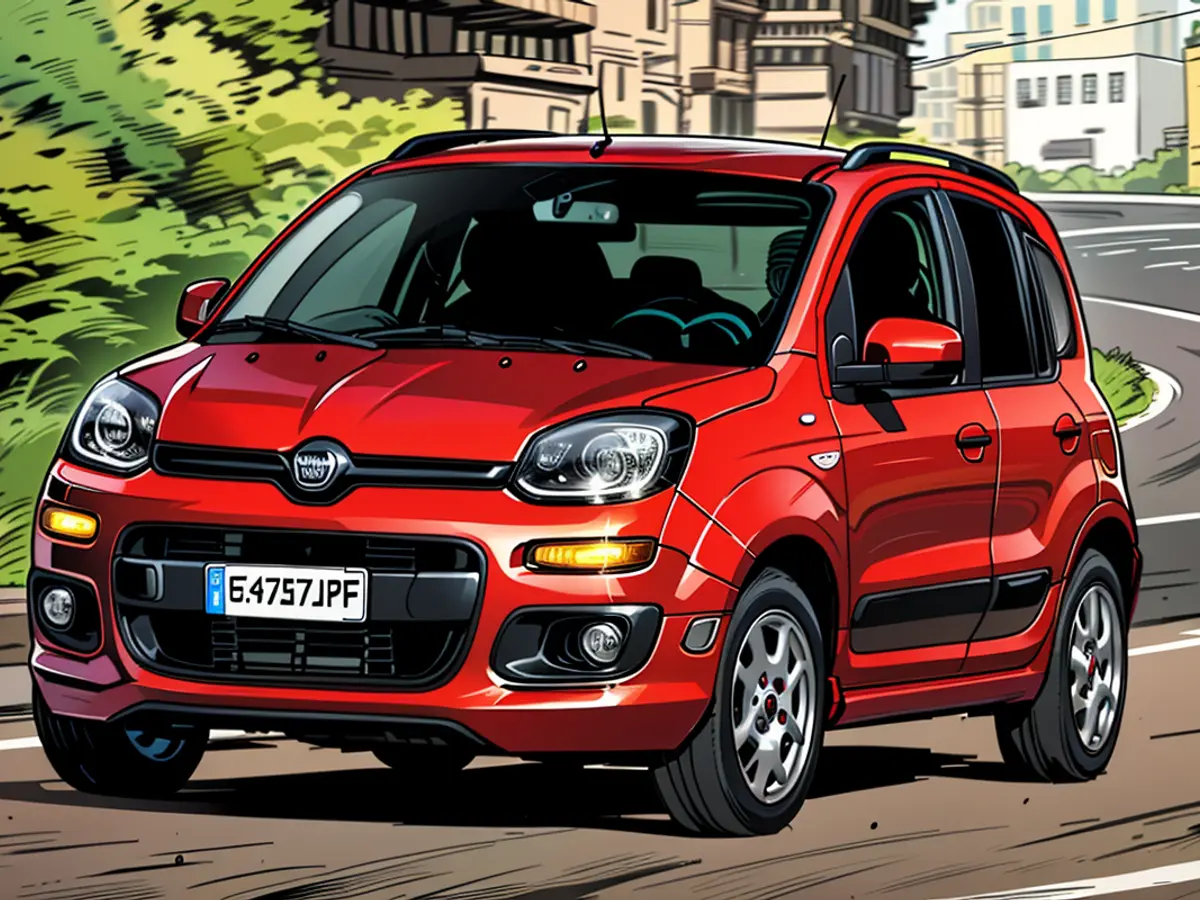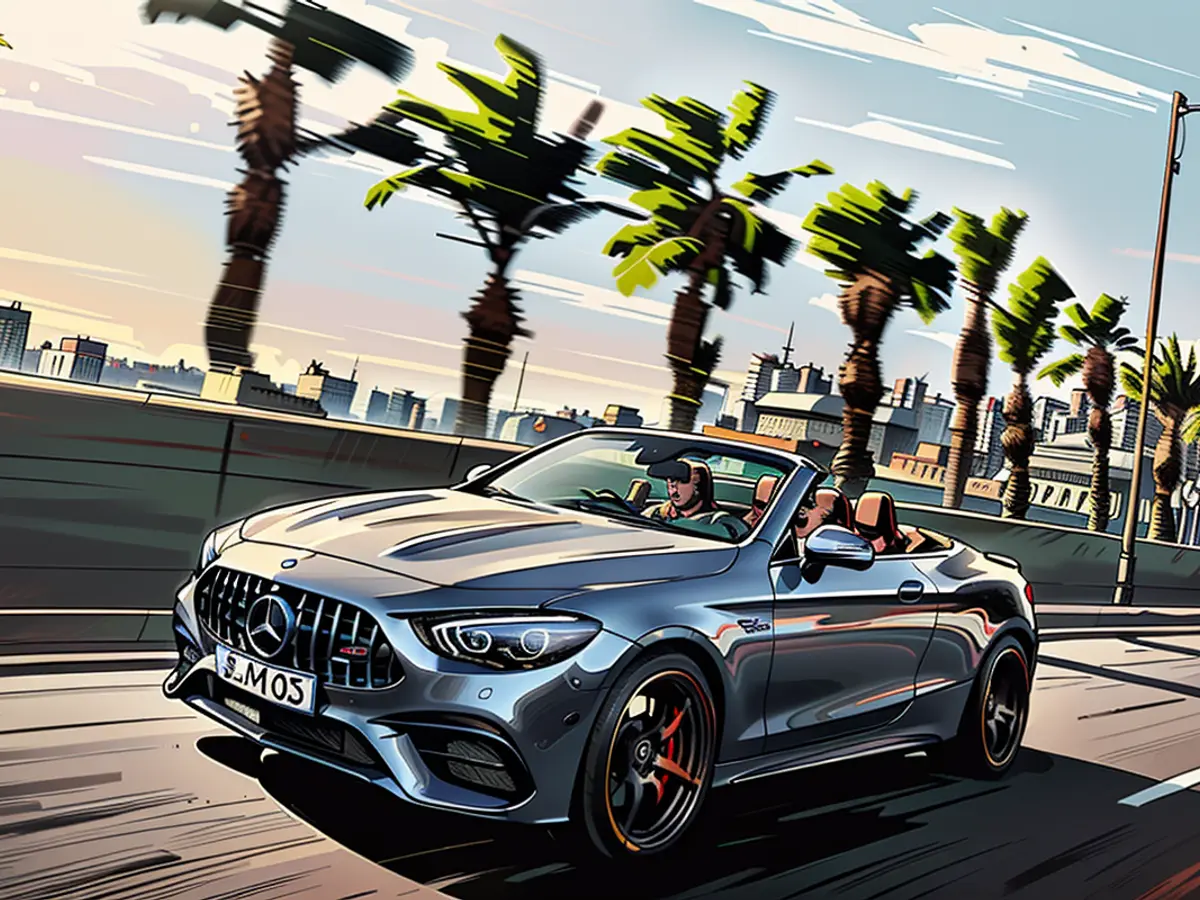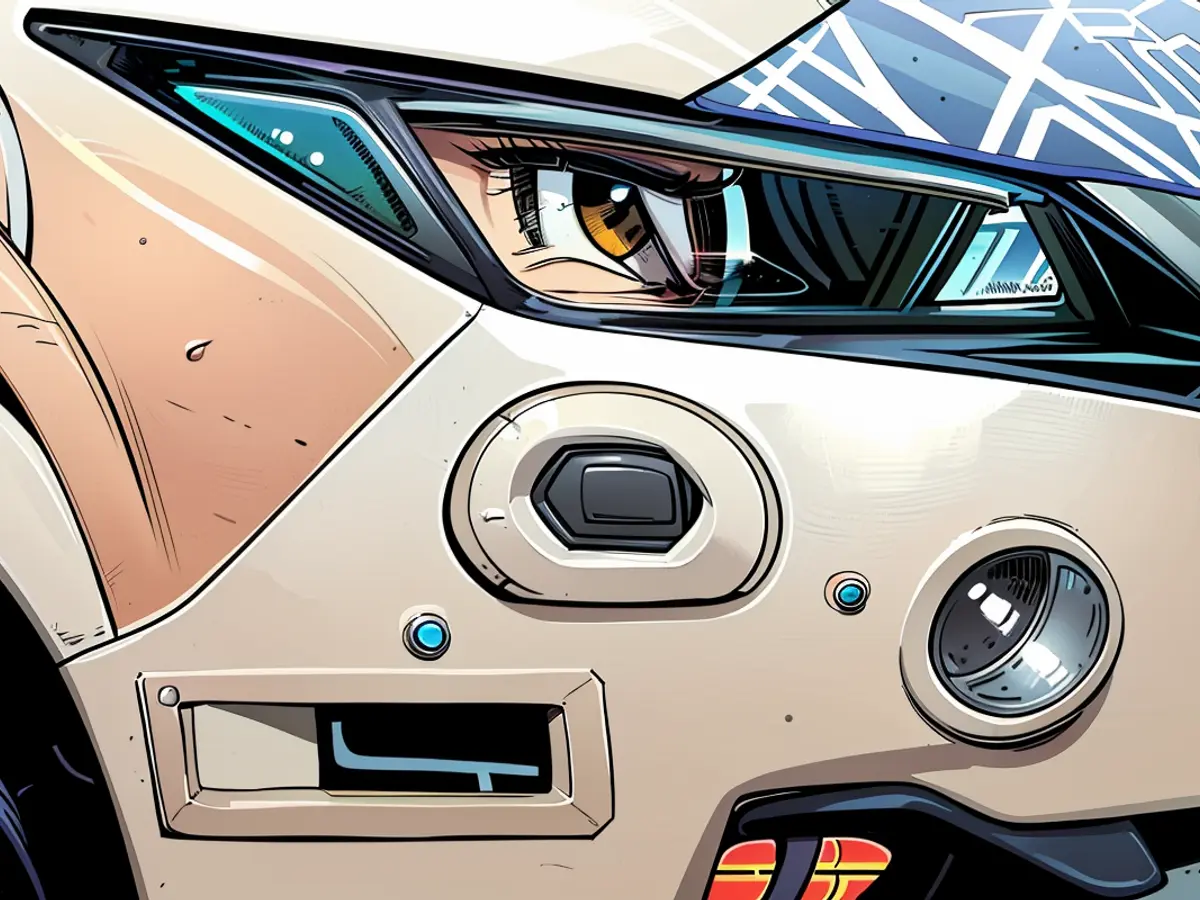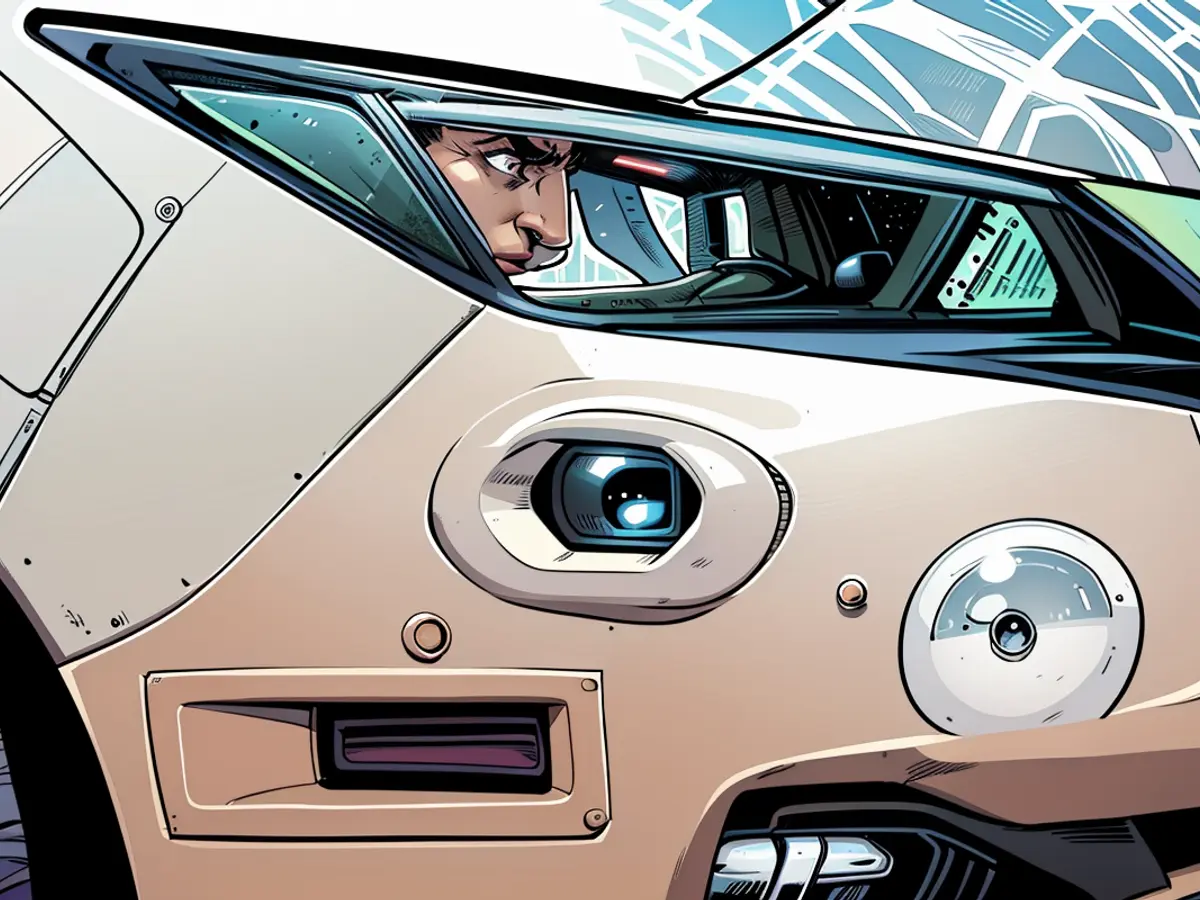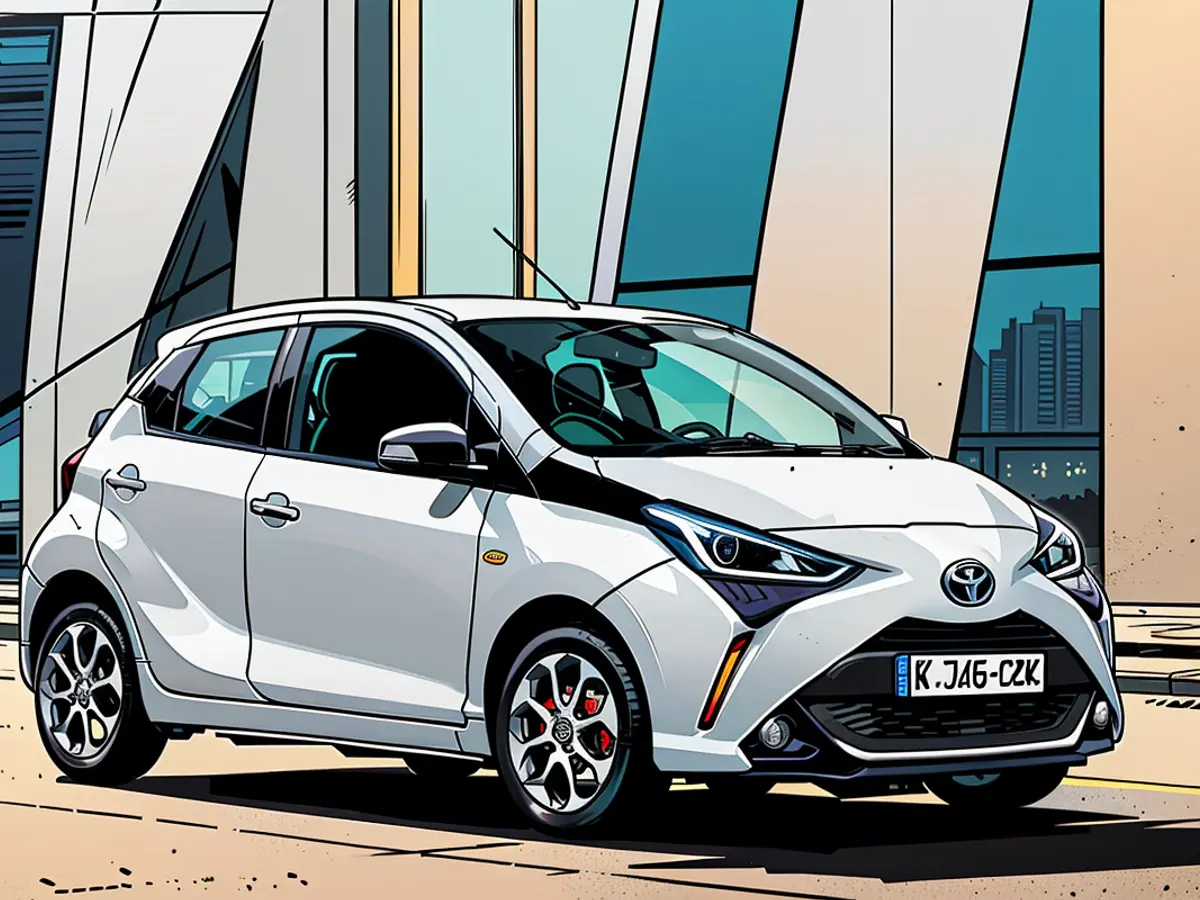Fiat Panda - often neglected and uncared for
The Panda is one of Fiat's most successful models. Here are some reasons for that - reliability, however, is not at the top.
It's still running and has recently gone into production extension: the Fiat Panda (Type 312), which came onto the market in early 2012 in its third generation. Unlike its technical sibling Fiat 500, which is now retiring, the city car has just received a technical update. It now meets the EU safety requirements regarding assistant systems. And it can run for the next three years.
Quality
At the beginning of its production, the Panda could still be had for prices under 10,000 Euro. Affordable new car prices often have negative effects on the willingness of first owners to take care of maintenance and upkeep. This becomes a problem during the TÜV inspection (HU). The Panda fails TÜV testers starting from the second HU when checking suspension components, lights, and brakes. Additionally, it tends to lose oil.
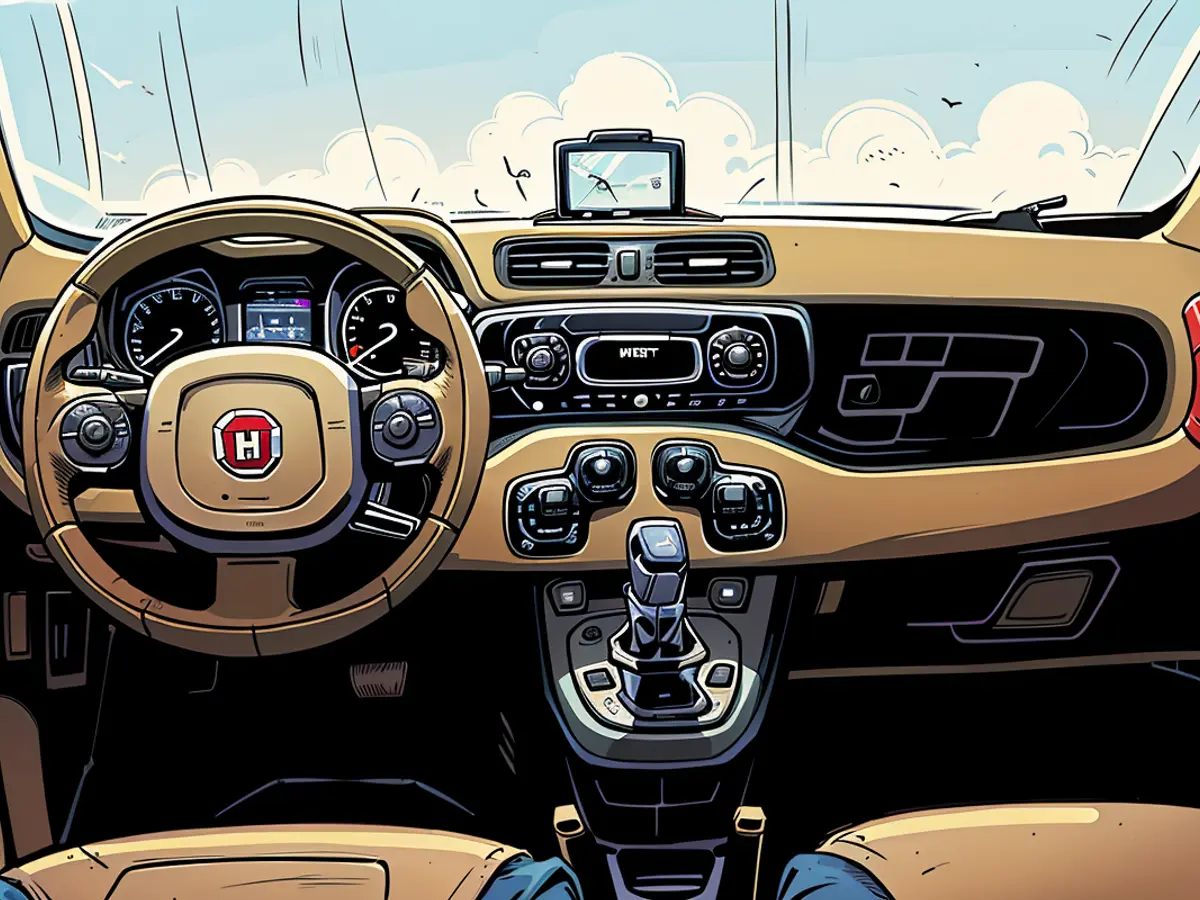
Body and Interior
The 3.65-meter-long Panda offers decent space relationships and good interior room due to its boxy shape. The trunk volume varies depending on the position of the rear seat backrest between 225 and 870 liters. The interior of the five-seater varies in appearance depending on the equipment version, from very plain to colorful and modern.
The Panda gives an overall rough impression, which is underscored by the narrow front and rear overhangs and relatively small wheels (14 to 15 inches). For a more rugged look, the Cross models come into play. They look more rustic due to plastic cladding on the wheels.
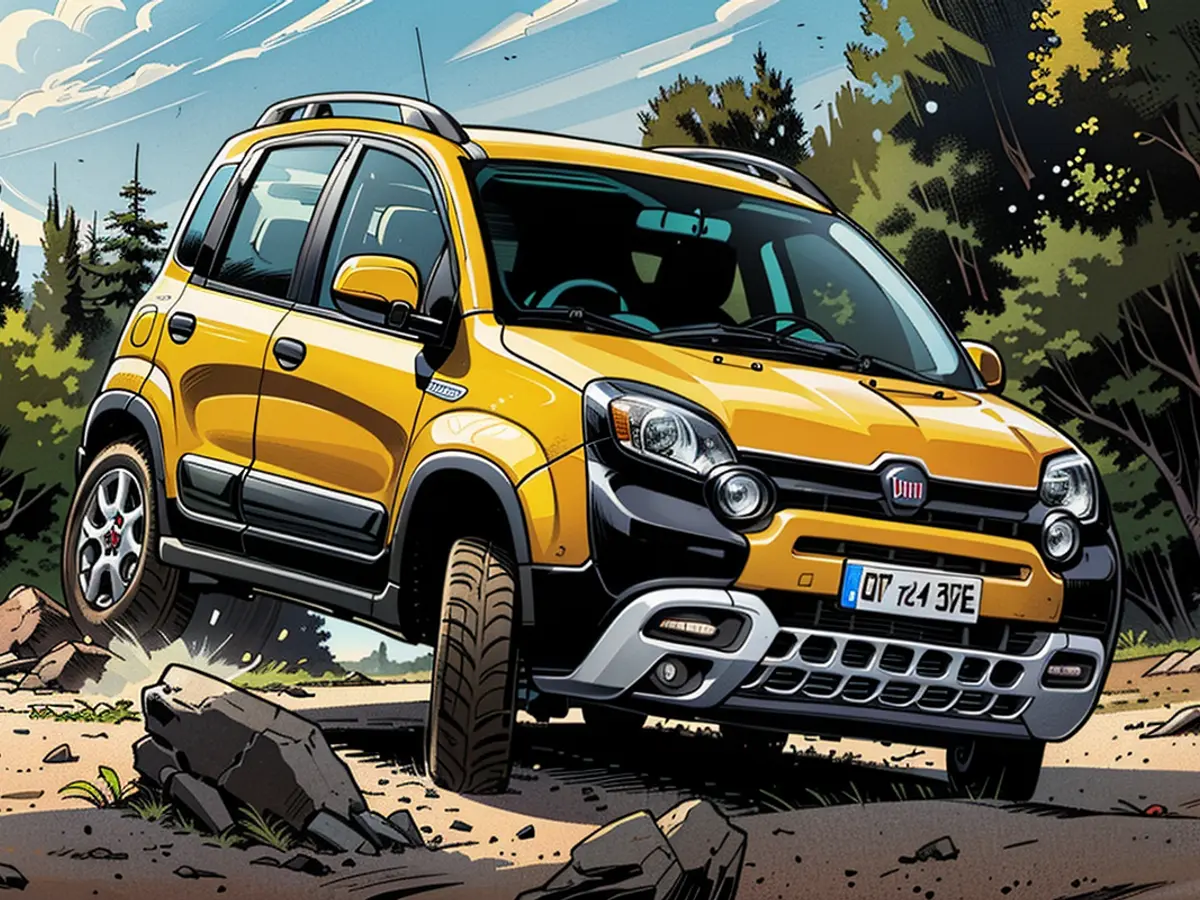
Engines and Drive
Initially, customers could choose from a wide range of engines and between front- and all-wheel drive. Fiat offered gasoline, diesel, and a natural gas variant. The base gasoline engine was a 1.2-liter four-cylinder gasoline engine with 51 kW/69 PS, which was only available with front-wheel drive.
The 0.9-liter two-cylinder turbo was available in output levels of 57 kW/78 PS (until 2018), 66 kW/90 PS (until 2018), and 63 kW/86 PS (until 2022). The 0.9-liter engine also served as the basis for the natural gas variant with 59 kW/80 PS or 52 kW/70 PS.
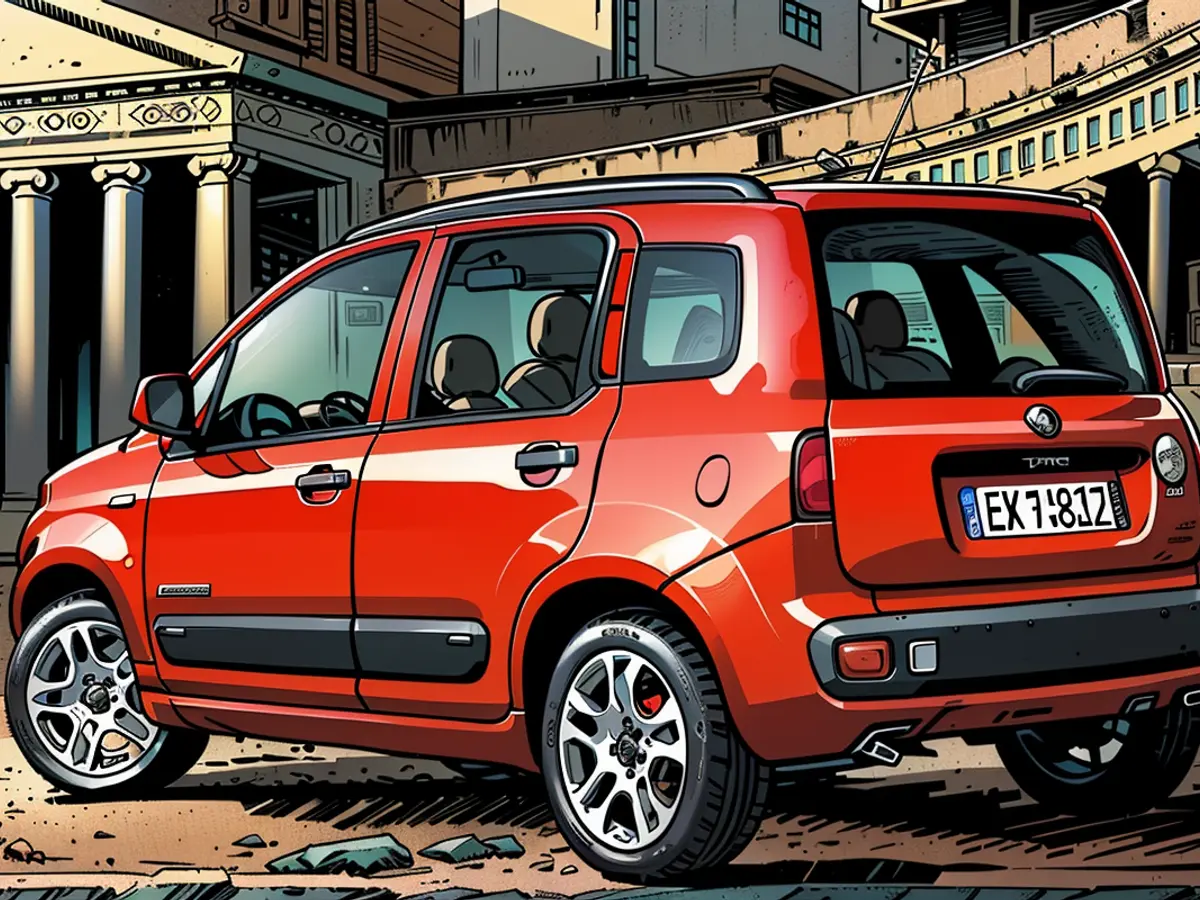
Very unusual in the small car class: The two-cylinder and the two 1.3-liter diesels with 55 kW/75 PS and 70 kW/95 PS were available with all-wheel drive. The diesels (consumption: 3.6 to 4.7 liters) were discontinued in 2018. Currently, Fiat only offers a 1.0-three-cylinder with 51 kW/70 PS and mild hybrid support. The power is transmitted by manual transmissions with five or six gears for all Panda variants.
Equipment and Safety
Fiat's sharp pricing strategy is most noticeable in the basic versions. At prices under 10,000 Euro - sometimes as part of a special offer below 8,000 Euro - first buyers could not expect much comfort. For example, there was no air conditioning or radio. "Lounge" models offer more comfort on board.
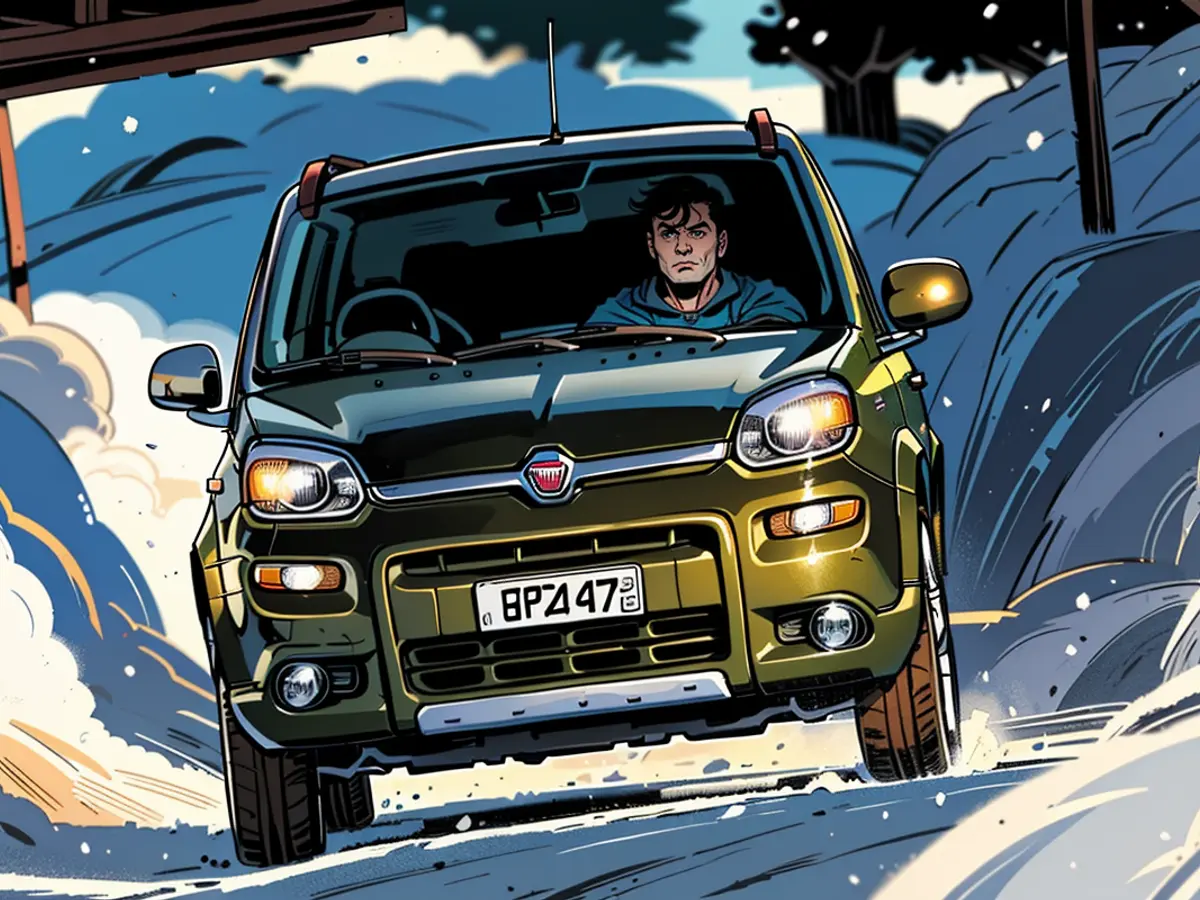
However, against extra cost, features like fog lights, underbody protection for all-wheel drive vehicles, 15-inch light metal wheels, leather-appliqued fabric seats, and panoramic glass roof were available. ESP was only available as an option until 2014, but has been mandatory since then.
Conclusion
The Fiat Panda is a cute and practical vehicle. however, it does not have the best image at the TÜV. Used car buyers should look for well-maintained models with a fresh HU-plate and examine their desired model carefully. Currently, around 5000 used Panda models of the third generation are being offered for sale on mobile.de. Prices start at around 3000 Euro.
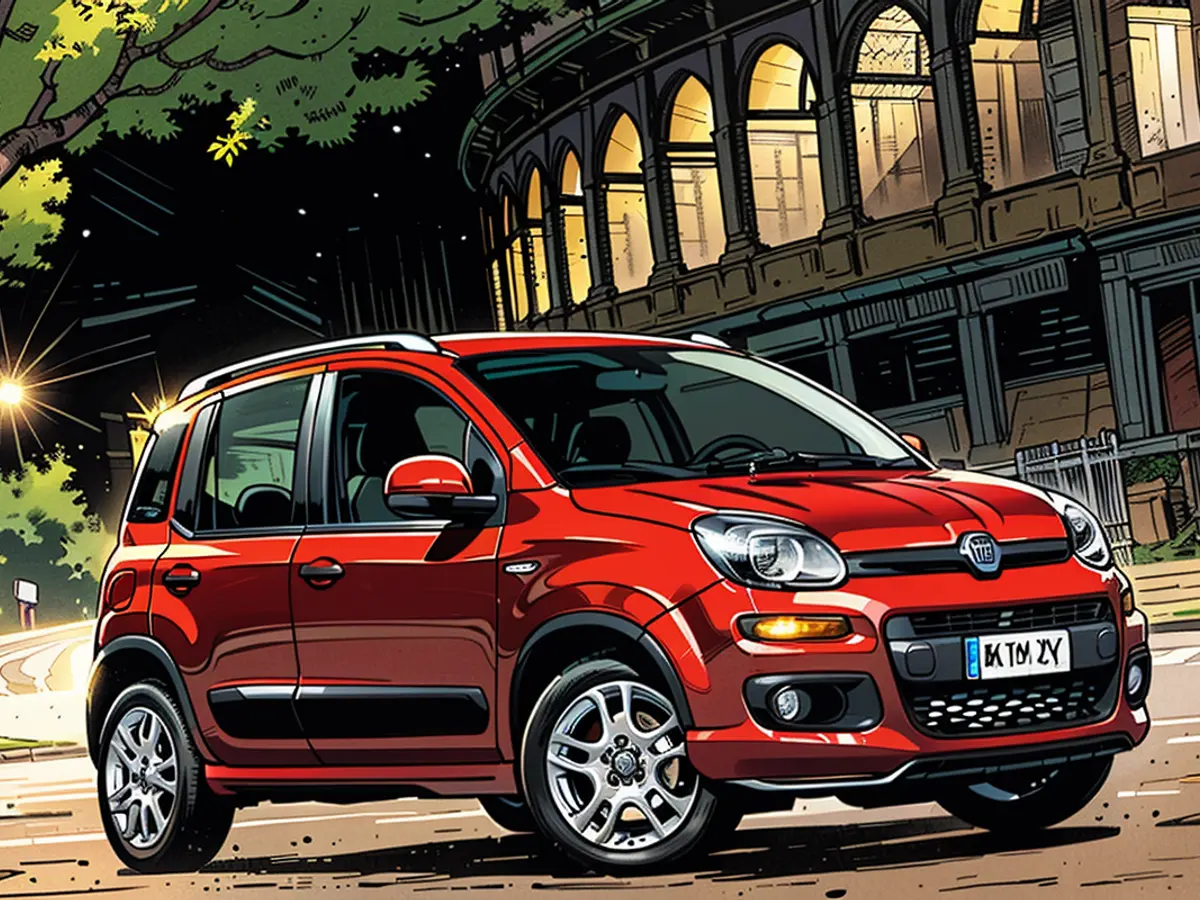
Despite its success and affordability during its initial production, used Fiat Panda models might fail TÜV inspections due to issues with suspension components, lights, brakes, and oil loss. To ensure a reliable used car purchase, potential buyers should seek out well-maintained models with a recent TÜV certificate.
Regarding the Fiat Panda's performance in the small car market, it stands out with a wide range of engine options, including gasoline, diesel, and natural gas variants, and the availability of front-wheel and all-wheel drive.
